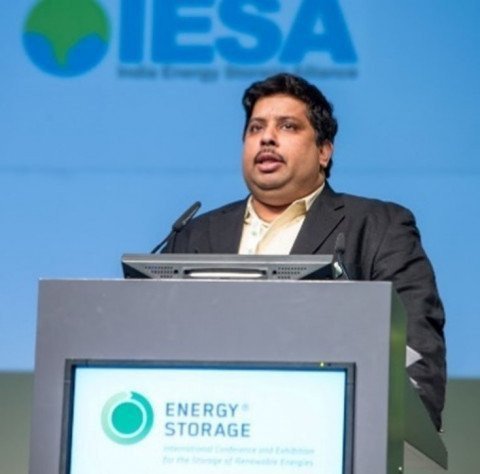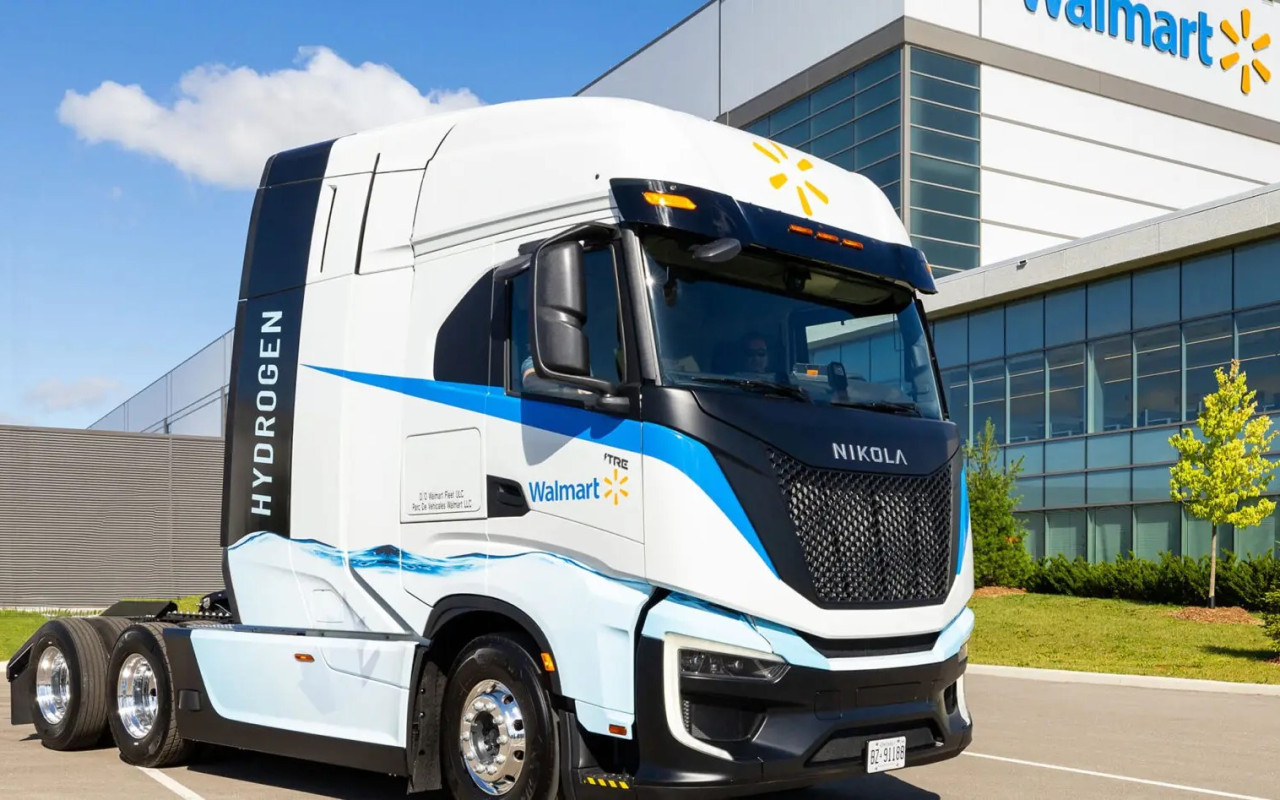Decade of the E-Revolution
EXPERT'S NOTE: India has witnessed amazing transformations in sectors like agriculture, milk production, and IT Services within a decade during the 1960s (green revolution), 1980s (white revolution), and 2000s (IT services revolution). Considering the steady paced growth in awareness and demand for EVs, and the rise in the share of renewables in the energy mix in the past few years, it would be appropriate to say that the 2020s could just prove to be the decade for 'E-mobility and Advanced Storage Technology revolution'.
NITI Aayog's Advanced Chemistry Cell (ACC) Production Linked Incentives (PLI) have provided a great start for the industry, with 50 GWh cell manufacturing expected to be operational by 2027. The India Energy Storage Alliance anticipates that other industry leaders outside PLI will set up an additional 50+ GWh manufacturing with support from State-level incentives. The Alliance has set a vision to scale ACC manufacturing to 140+ GWh by 2030, and 550+ GWh by 2035, to create an opportunity for India to be a key player in the global ecosystem, which is expected to cross 7000-10,000 GWh by 2035. It provides an opportunity for the Indian battery industry to fulfil the increasing domestic demand and cater to the global markets.
Further, the ACC PLI provided a great starting point for the domestic supply chain industry by mandating a minimum of 60 percent local value addition. The work done by IESA and its members over the past year has now resulted in an opportunity where we can exceed these targets and can position ourselves as a serious competitor to China's supply chain that most of the global giga factories are looking for."We can exceed these targets and can position ourselves as a serious competitor to China's supply chain that most of the global giga factories are looking for."
Dr. Rahul Walawalkar, Founder & President of IESA
I am also happy to announce that the India Battery Supply Chain Council (IBSCC), launched in December 2021 by IESA, celebrated its first anniversary this year. IBSCC was launched with the belief that the coming decade will make India a global hub for R&D and manufacturing in advanced energy storage technologies. The past 12 months have seen many national and international developments, resulting in reinforcement of this belief and, in fact, increasing the urgency and scale of the vision.
There is also renewed focus on Environmental Social Governance (ESG) and greening the supply chain for the policymakers in the European Union and the United States. This creates a wonderful opportunity for Indian companies to focus on innovation and ensure that the supply chain developed in India is designed around higher ESG commitments, allowing us to compete more effectively with the incumbent supply chain dominated by China. This is also essential for addressing the life cycle costs of clean energy and e-mobility technologies.
We look forward to continue building the industry and being a platform for active engagement for all stakeholders, including policymakers. Let's make India a global hub for R&D, manufacturing, and adoption of advanced energy storage and e-mobility technologies.




















